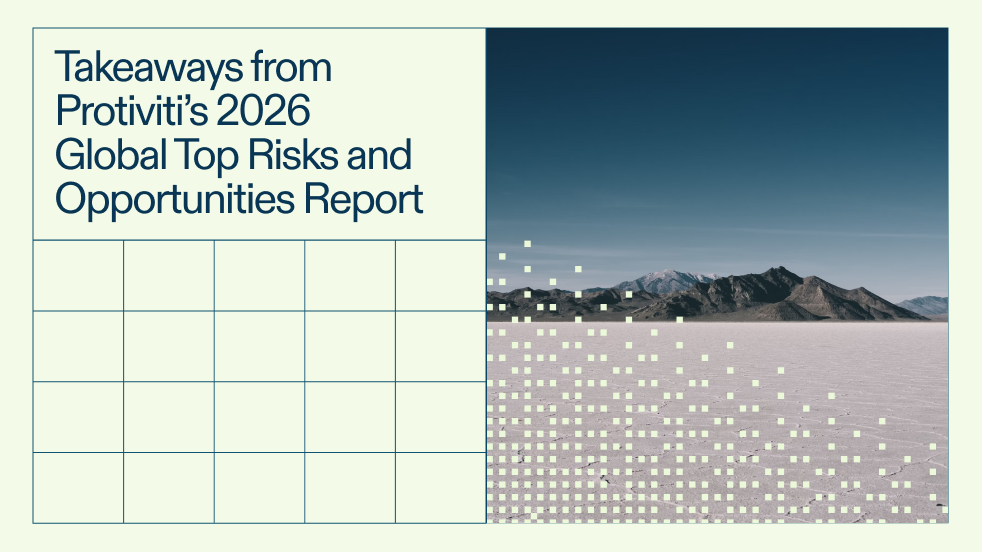
December 15, 2020 • 4 min read
AuditTalk with Stacy Townes: A Diversity of Skills
Intellectual Ventures is a private equity company that helps smaller inventors through the development and licensing of intellectual property across different technologies. Considering their corporate mission, it’s no surprise that Stacy Townes, the CAE at Intellectual Ventures, also believes in driving the value of internal audit by cultivating a diversity of skills in the audit department.
To raise the stature of internal audit in her company, Stacy plays to her team’s position and strengths as risk subject matter experts. The audit department has moved beyond the traditional role and now does advisory work on cross-functional projects, even partnering as a project management team on risk-based initiatives to continue building a strong relationship between internal audit and the rest of the organization.
As Stacy says, “We continue to demonstrate the diversity of our skills because I think oftentimes we know our strengths, and when we need to find who has the skillsets it’s that relationship building and changing the internal audit narrative. So it’s constantly reaching out to your constituents…your key business stakeholders, and figuring out what’s going on. Things are changing so fast…it’s how are you staying plugged into those conversations.”
By building strong relationships, the audit team is able to insert itself into areas where it can provide guidance and insight to the business. For the team to add value in new areas, they are not afraid to deal with ambiguity. Instead, the team embraces an entrepreneurial spirit and leans heavily on their soft skills.
By investing the time and effort in relationships early on, the team was in a better position to react to change as it occurs. For example, when it became clear that the company needed a more dynamic audit plan, it was their established partnership with senior management that made it possible. They have a set at the table that allowed them to meet formally each quarter with their governance committees, and at least monthly and sometimes bi-weekly during the pandemic to make sure that we are focusing on the right risks to add the most value and benefit.
The organization’s nimbleness and agility, coupled with open lines of communication for continuous risk conversations inform their audit plan. The audit department is able to stay current on what’s happening in the company and remain forward-looking versus reactionary.
Stacy sees this as the next step in audit’s evolution. “We’re not those checkbox auditors anymore. We are anticipatory, we are dealing with emerging risks, and we’re wanting to make sure that we provide that real-time feedback so that it informs management decision making.” She also points out that we have to “be very purposeful and Intentional” in our communications and then adapt our audit plan based on what we learn from senior management.
As we can see from Stacy Towne’s experience, the key to internal audit’s continued success is our ability to proactively adjust our plan based on the shifting risk landscape. Her team has developed both soft skills and technical skills to meet the demands of an agile audit plan.
Stay tuned for more AuditTalk video interviews with audit community leaders about industry issues, insights, and experiences!
You may also like to read


AuditBoard and IAF report: The more you know about AI-enabled fraud, the better equipped you are to fight it

Audit reporting best practices: Guide for audit leaders

Boards are struggling with AI oversight. How internal auditors can help

AuditBoard and IAF report: The more you know about AI-enabled fraud, the better equipped you are to fight it

Audit reporting best practices: Guide for audit leaders
Discover why industry leaders choose AuditBoard
SCHEDULE A DEMO



